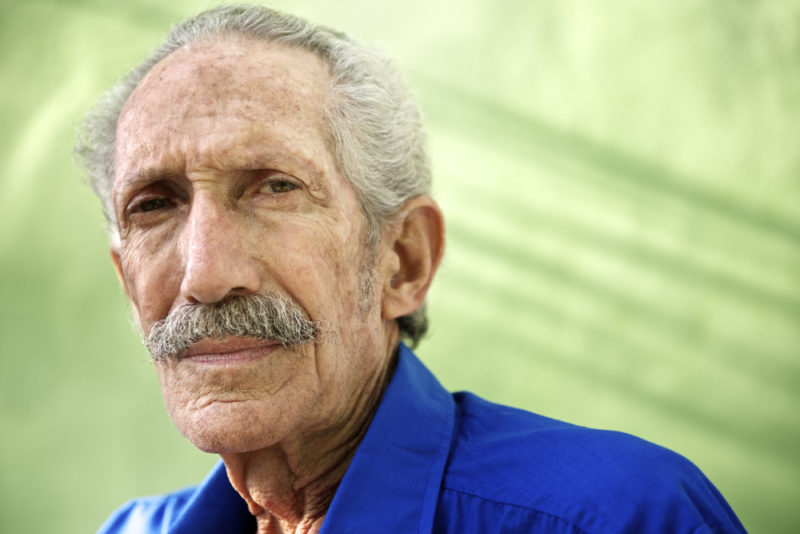Incontinence in older adults: what you need to know (and how a physio can help)
Do you feel embarrassed to talk about continence issues? Don’t suffer in silence! Incontinence is a common problem, particularly in older adults.
Incontinence can have an enormous impact on a person’s health and quality of life. It can also place a significant burden on families or carers of the person affected, which makes it a major factor in an older person becoming more dependent, or eventually moving into a residential aged care facility.
WHAT DOES INCONTINENCE MEAN?
Incontinence refers to any involuntary leakage of urine or faeces due to problems with the bladder, bowel or the muscles that control these systems.
A person can experience either urinary incontinence, bowel incontinence or both (known as dual incontinence), with urinary incontinence being more common. Many people find this distressing and embarrassing, so understanding the problem and getting the right help is important to ensure it doesn’t interfere with everyday life.
WHY DOES IT HAPPEN?
As we age, some physiological changes happen in our bladder and bowel that affect their ability to function. These changes include:
- Weakening of pelvic floor muscles
- Loss of elastic tissue of the bladder, which means the bladder is unable to hold as much urine
- Increased involuntary contraction of the bladder & bowel
- Changes to or loss of bladder sensation
- Increased occurrences of constipation / diarrhoea.
DIFFERENT TYPES OF INCONTINENCE
There are a few different types of incontinence, but the following are some of the most common in the older population:
Stress incontinence: An involuntary loss of a small amount of urine when pressure is increased on the abdomen from activities such as coughing, sneezing or lifting a weight. This mainly occurs due to weakness of pelvic floor muscles caused by chronic cough, pregnancy, childbirth, obesity or chronic constipation.
Urge Incontinence: Can be urinary or bowel-related and characterised by sudden leakage when a person feels an urgency to pass urine or faeces and may not reach the toilet in time.
Functional Incontinence: Where someone knows they need the toilet, but cannot make it due to reasons such as confusion, dementia, poor eyesight or mobility issues.
WHAT SHOULD I DO IF I THINK I HAVE CONTINENCE ISSUES?
It’s important to seek medical advice if you are experiencing incontinence that is frequent or affecting your quality of life. Incontinence can indicate a more serious underlying condition and increases the risk of falls for older adults from rushing to the toilet.
NEED A FEW TIPS?
- Practice pelvic floor muscle exercises – a physiotherapist can help you with these! Also known as Kegel exercises, these are effective for stress and urge incontinence.
- Stay hydrated – fluid management may be recommended by your doctor, but some people with urinary incontinence often cut down their water intake to dangerously low levels so they don’t have to go to the toilet as often. This can cause dehydration and other issues, so restrict fluids only under medical guidance.
- Cut down on caffeine – caffeine has a diuretic effect, causing your body to increase the production of urine.
- Manage your weight – extra weight can cause more pressure on the abdomen.
- Stay relaxed, don’t hurry and be safe when heading to the toilet.
- Carry an extra set of clothes for peace of mind when going out.
- Consider the option of urinals (mostly for men), especially overnight, to avoid frantic trips to the bathroom.
- Continence aids such as pads or protective garments can help to manage incontinence.
Staying physically active can help to manage incontinence not just through means such as weight loss, but by keeping you safe, strong and able to move quickly in response to your reduced bladder or bowel control.
Falls can be an issue for older adults experiencing incontinence, so it’s important to keep the rest of your body fit and strong.
At The Physio Co, we help older adults stay mobile, safe and happy. We are available to visit you wherever you call home, and via online consultation.
If you’d like some help with getting your pelvic floor muscles working, or perhaps need some help training your leg strength and balance in order to get to the bathroom quickly, contact us today!
Article written by Margi Soni (physiotherapist – Melbourne West)



 1300 797 793
1300 797 793